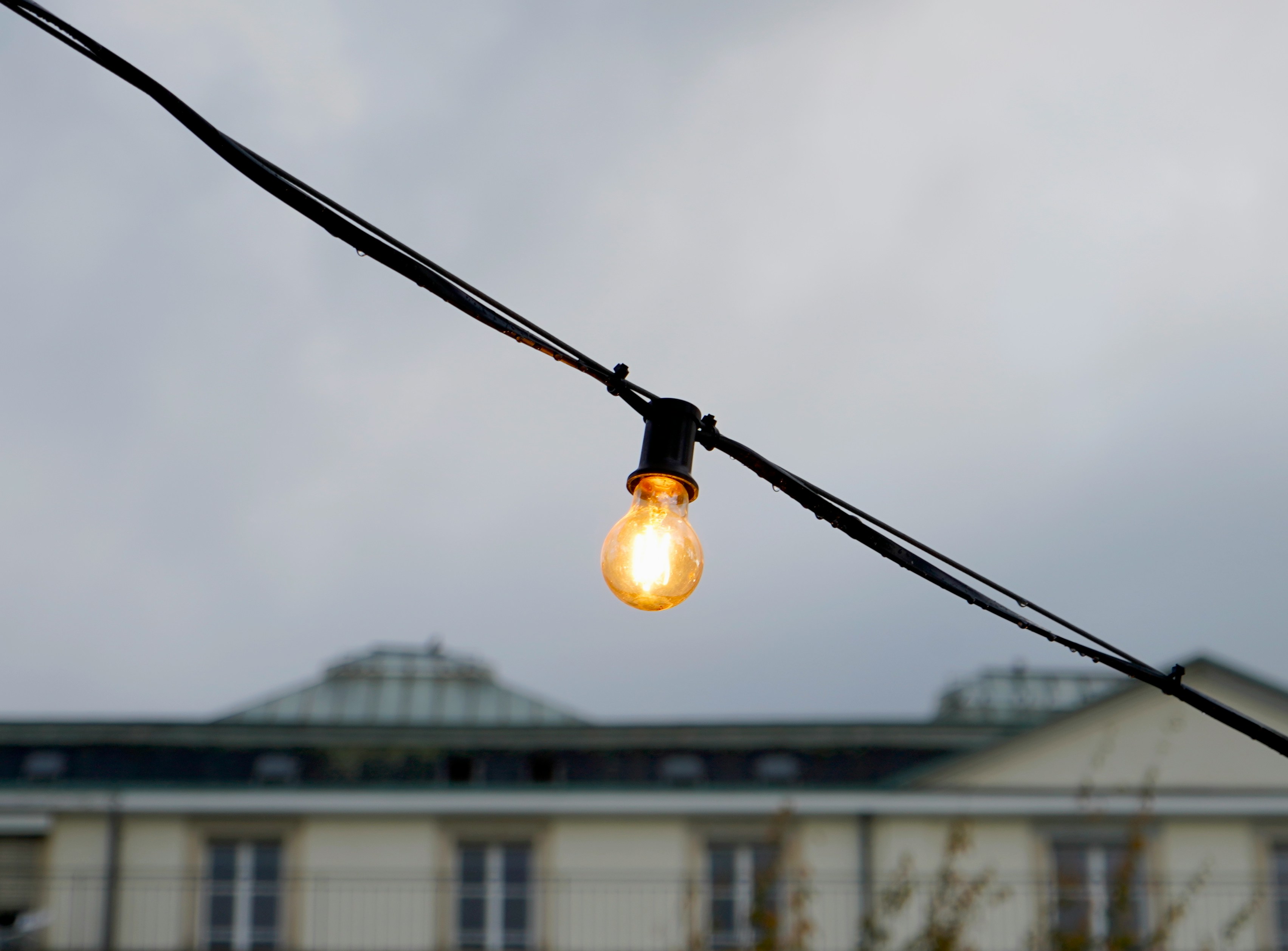Index
Receive our newsletter
Energy efficiency in rental housing refers to the responsible use of resources to reduce energy consumption and optimize a property’s overall performance. While each country has its own measurement systems (such as EPC in Europe or ENERGY STAR in the United States), they all share the same goal: to assess how much energy a home needs and how its performance can be improved.
For property owners, these certifications are more than just an administrative requirement; they are a tool that adds tangible value. A strong rating communicates trust and quality, making the property more attractive to potential tenants.
Benefits for property owners (and tenants)
Benefits for owners
- Long-term savings and efficiency: even if the owner doesn’t directly pay utility bills, an energy-efficient property reduces maintenance costs and extends the lifespan of energy systems.
- Increased property value: across different markets, buyers and tenants recognize the importance of energy efficiency in housing and are willing to pay higher prices for it.
- Greater competitiveness: on listing platforms and during negotiations, a good energy rating can be the deciding factor in securing a rental quickly.
- Regulatory compliance: most countries have certifications and standards for energy efficiency. Staying compliant provides legal security and enhances the landlord’s reputation as a responsible manager.
Benefits for tenants
- Lower bills: reduced energy consumption translates directly into lower electricity, heating, or gas expenses.
- Comfort and quality of life: an efficient home maintains pleasant temperatures year-round, avoiding extremes of cold or heat.
- Satisfaction and stability: tenants who save money and enjoy comfort are more likely to stay longer, which reduces turnover and benefits the landlord.
Practical measures to improve energy efficiency in housing
There are several steps property owners can take to improve energy efficiency in housing. While some require an upfront investment, they typically provide a clear return in the medium and long term:
- Thermal insulation: double-glazed windows, sealed doors, and improvements to roofs or walls to prevent heat or cold loss.
- Efficient appliances: replace outdated equipment with models rated A or higher.
- LED lighting: consumes up to 80% less than traditional bulbs and lasts much longer.
- Renewable energy: solar panels, heat pumps, or aerothermal systems that reduce reliance on non-renewable sources.
- Proper maintenance: regular inspections of boilers, heating, and air conditioning systems ensure efficient operation.
Incentives and support programs
In many countries, programs have been created to promote energy efficiency in housing: subsidies for renovations, tax deductions, green loans, or grants for installing renewable energy systems. These incentives make the initial investment more accessible and allow property owners to upgrade their properties with less financial effort.
Long-term value
Investing in energy efficiency also means being prepared for the future. An efficient home reduces the risk of breakdowns in heating or air conditioning systems, extends the lifespan of installations, and minimizes the need for unexpected repairs.
At the same time, energy regulations are evolving rapidly in many countries. Owning a property that already meets higher standards helps landlords avoid penalties or costly upgrades later on.
Energy efficiency in rental housing should not be seen as an additional expense but as a strategic investment. Owners who focus on improving efficiency not only save money and increase the value of their property, but also provide a more comfortable home for their tenants, boosting satisfaction and stability.
Investing in energy efficiency is a decision that pays off today and protects your property for the future.









